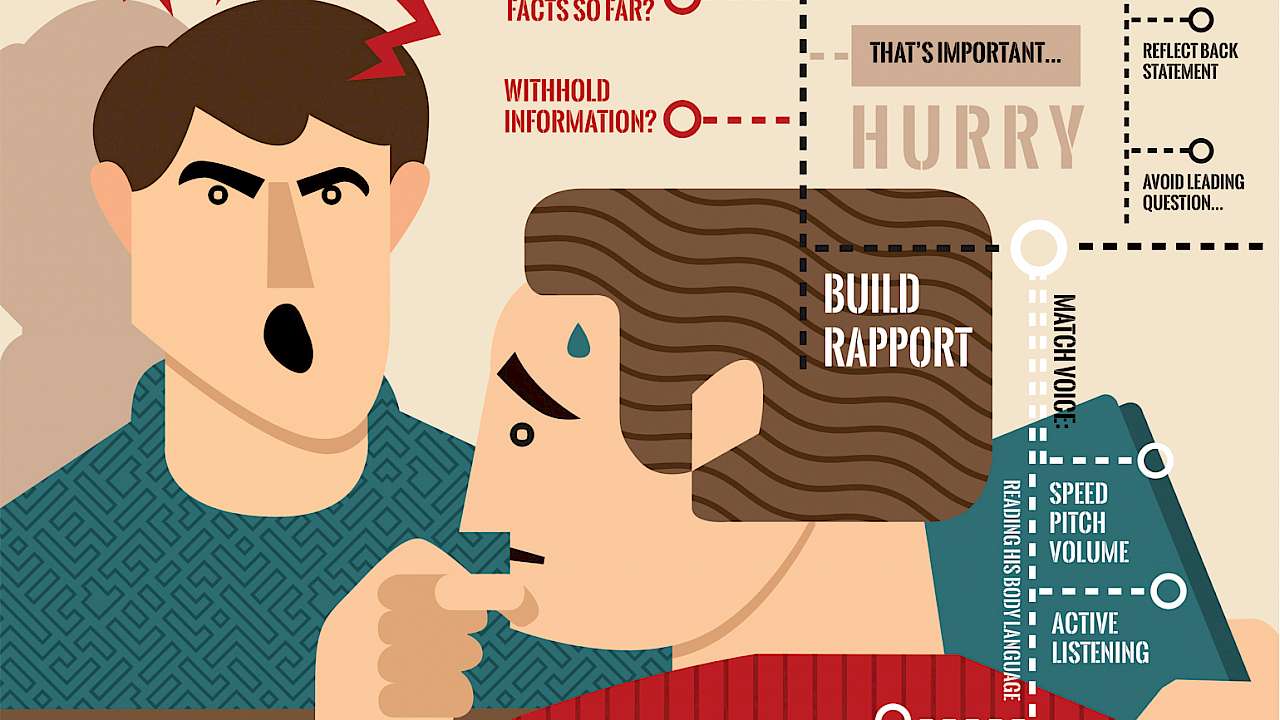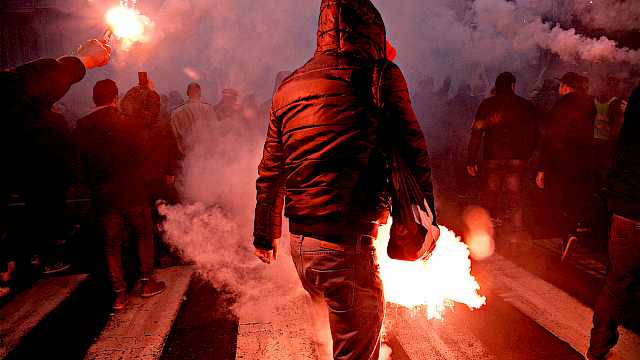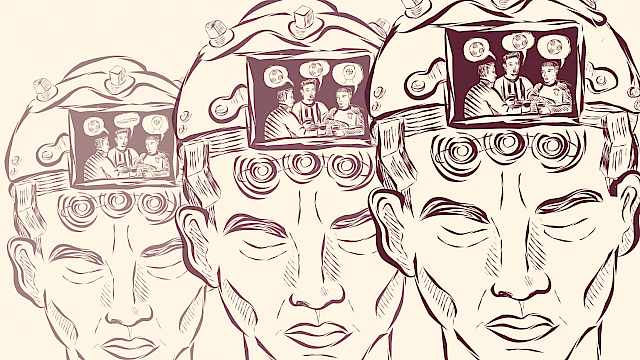Psychological research has, for many years, provided practitioners with guidance on best practice for interviewing witnesses and suspects. Advice has also been provided for intelligence-gathering practitioners, regarding the retrieval of information. To assist interviewers, several techniques have been developed for use in a diverse range of information-gathering settings. These include the PEACE protocol, cognitive interviewing, and best practice for interviewing children and vulnerable witnesses, e.g. Achieving Best Evidence (ABE).
However, despite guidance and training interviewers often do not, or perhaps cannot, comply with the guidance. This can have serious consequences for individuals and the wider context, such as the Criminal Justice System. So, why is compliance with best practice difficult and what makes investigative interviewing so demanding?
Cognitive load for interviewers
One factor is the effect of cognitive load on the performance of interviewers. ‘Cognitive load’ encapsulates a wide variety of terms used to describe the phenomenon of working memory use and includes cognitive workload, mental strain, and the mental effort required to complete tasks. We all have a relatively limited cognitive capacity to perform simultaneous tasks and cognitive overload may result, thereby affecting performance.
Research has shown that increasing cognitive load impacts interviewees in terms of their retrieval of information. However, the effect on interviewers in forensic settings has not been examined. What we do know is that in other applied settings, for example interviewing for workplace recruitment, cognitive load can have an impact upon decision making.
Cognitive load may also influence the performance of airline pilots, air traffic controllers, and medical trainees. For example, when trainee surgeons perform a cognitively demanding surgical procedure there can be a negative impact upon their performance. Cognitive load, therefore, may have serious consequences when it comes to intelligence-gathering in high-stakes situations.
Cognitive load may have serious consequences when it comes to intelligence-gathering in high-stakes situations
In investigative interviews, there are several cognitive processes occurring simultaneously for interviewers. Interviewers are required to actively listen to their interviewees and to remember information provided. The information needs to be processed, assimilated, and considered along with knowledge interviewers may already possess or which is passed to them during the course of an interview. Interviewers have to make reasoned judgments, formulate appropriate questions, and decide upon their responses.
However, interviewers’ limited capacity to process information could lead to cognitive overload, which may impact on their performance, making the process of obtaining accurate and detailed accounts more difficult.
Interviewing in the 'real-world'
In my research, we assessed the impact of cognitive load on officers from two UK police forces, who had been trained in various interview techniques.
When interviewing they expressed that it was cognitively demanding, stating for example, "you’re thinking, hang on a minute, slow down, I’ve got to remember all this," and explained that the cognitive load they experience sometimes impacted upon their performance – “if you haven’t identified the right thing in an interview it can have a massive effect”.
Analysis of the interviewers’ experiences identified key features of interviewing that may increase cognitive load.
These triggers of cognitive load included time pressures due to operational requirements and specific aspects of the interview task, for example, withholding information from interviewees and the formulation of appropriate questions. They also identified areas of planning and preparation, or a lack thereof, as being significantly detrimental to their performance.
Reducing the cognitive load
Cognitive load can result from a combination of task characteristics, such as time pressure and complexity. Ensuring that sufficient time is allowed for the interviewer to conduct the interview and undertaking effective planning and preparation, particularly for complex or challenging investigations, can reduce cognitive load. As a consequence, managing the interview task in this way may enhance compliance with best practice guidance, as well as increasing the quantity and quality of information gained.
Read more
- Roger Dias, M.C. Ngo-Howard, M. T. Boskovski, Marco Zenati, S. J. Yule. 2018. Systematic review of measurement tools to assess surgeons’ intraoperative cognitive workload. British Journal of Surgery. Available at: http://doi.org/10.1002/bjs.10795
- Rachel Frieder, Chad Van Iddekinge, Patrick Raymark. 2016. How quickly do interviewers reach decisions? An examination of interviewers’ decision-making time across applicants. Journal of Occupational and Organizational Psychology, 89(2): 223–248. Available at: http://bit.ly/2Wvry20
- Edith Galy, Magali Cariou, Claudine Mélan. 2012. What is the relationship between mental workload factors and cognitive load types? International Journal of Psychophysiology, 83(3), 269–275. Available at: http://bit.ly/2HYz8Op
- Pamela Hanway, Lucy Akehurst. 2018. Voices from the front line: police officers’ perceptions of real-world interviewing with vulnerable witnesses. Investigative Interviewing: Research and Practice. Available at: https://www.iiirg.org/journal/volume-9-issue-1/
- Gavin Oxburgh, James Ost, Paul Morris, Julie Cherryman. 2015. Police officers’ perceptions of interviews in cases of sexual offences and murder involving children and adult victims. Police Practice and Research, 16(1): 36–50. Available at: http://bit.ly/2Ottaqh
Copyright Information
As part of CREST’s commitment to open access research, this text is available under a Creative Commons BY-NC-SA 4.0 licence. Please refer to our Copyright page for full details.
IMAGE CREDITS: Copyright ©2024 R. Stevens / CREST (CC BY-SA 4.0)






